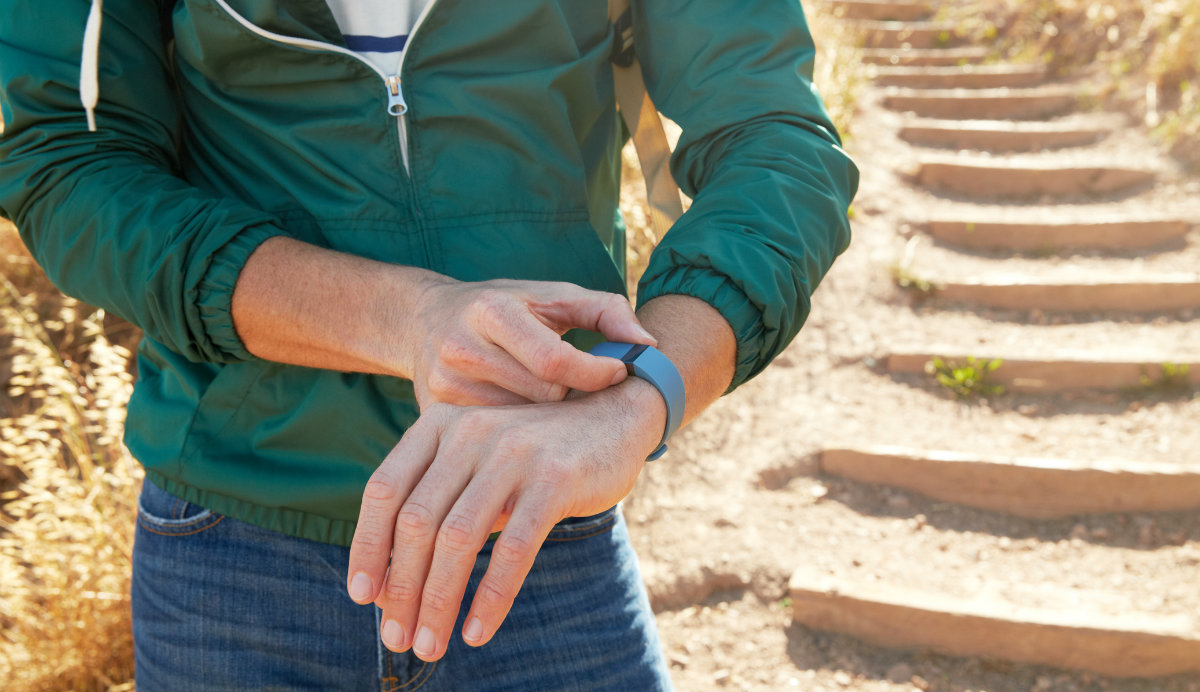In 2015, consumers bought three million wearable fitness trackers in the United Kingdom alone. Most of this technology is benign, marketed as a tool to inform people of their physical activity. But there is also a growing consumer appetite for technologies that take control of their lives and place limits on the choices available to them. In this post, Dr Tim Hill asks what is driving consumers’ appetite for this new genre of technology?
2017’s World Consumer Rights Day calls attention to how consumers are yet to trust the products and services born out of the technologically-driven digital economy. But this is only half the picture when it comes to understanding our changing relationship with technology. Because while some consumers may struggle to trust services such as Uber, other consumers seek out technology to make decisions for them and to take control of their lives.
As sociologist William Davies has claimed, these desires fuel the growth of ‘predictive shopping’, which is where goods are delivered to consumers’ homes based on what they have bought before, rather than through an expressed choice to purchase. A growing genre of wearable technology is also illustrative of consumers’ growing appetite for innovations that make personal decisions and place limits on their lives.
When we think of wearable technology, our minds probably turn to those fitness devices used to track and monitor our physical activity. But is all wearable technology as benign as the devices which tell us the number of steps we take each day? No, not all. Take, for instance, the wristband that administers an electric shock of up to 340 volts to the wearer when they succumb to bad habits, the hope being that the threat of physical punishment will ensure we shake unwanted behaviours. Similarly, another piece of software punishes you financially if you fail to keep to your goals.
On the one hand, these technologies could be treated as just another tool - albeit masochistic ones - to ensure we achieve our New Year’s resolutions. On the other, the desire for this genre of technology reveals how consumers are looking for ways to relinquish freedom of choice, out-sourcing decision making and granting responsibility to technologies that, to some extent, take control of their lives.
The growing popularity of technologies that limit the options available to us and constrain our capacity to exercise choice is significant when we consider the way in which autonomy, liberation and the freedom to express oneself has been the great boast of advanced economies. If it’s possible to treat these technologies as evidence of a new appetite for devices that dominate, suppress and limit, a necessary question to ask is: where does this growing desire for one’s own domination come from?
Doug Holt chronicles a key moment in the transformation of marketing in 1950s America. Influenced by books such as William H. White's The Organization Man, consumers rallied against paternalistic marketing techniques that directed consumers as to how they should live. Consumers were aggrieved that marketing firms were providing oppressive blueprints for how they should spend their income while simultaneously asserting they had the freedom to choose. The most successful brands in the decades that followed - Volkswagen, Jack Daniels, Nike - provided platforms for consumers to pursue this newfound desire for self-expression and individuality.
Not much has changed. From organisations that work out new ways to offer us personalised products and services on the assumption that we wish to reflect our individuality in everything we purchase, to social media platforms asking us express to others what is on our mind, the obligation that we invest our sense of self into everything we consume has never been as dominant. But is this abundance of opportunity to self-express healthy?
Research shows perhaps not. Psychologist Roy Baumeister argues there are pressures that come with not only having a unique sense of self but also being compelled to express it. This is because being required to make decisions that invite you to reveal your ‘true self’ can result in a crippling sense of vulnerability, self-awareness and anxiety, since we are worried about maintaining a favourable public image. If you have ever planned your own wedding, you’ll appreciate how taxing and stressful these activities can be. Prosecco or Champagne? Meat or fish? The ways in which we can express who we are to others are apparently endless.
The anxiety that arises out of these situations can result in the strange circumstance where you are happy to pay others to take control and make the most personal decisions for you. What this illustrates is Baumeister’s central point: that when continually confronted with the command to express who we are, trying to maintain a unique identity can become stressful. And in response, people derive great pleasure in handing control over to others, even if this means freedom is constrained and choices are limited.
From this perspective, the growing appetite for this genre of technology that limits freedom and constrains the choices available to us begins to make sense. For consumers burdened by organisations’ ceaseless command to self-express, technologies that promise to limit, constrain, and dominate appear to relieve that burden. While we may boast of the abundance of choice and freedom available to us, the role of this new genre of technology in today’s consumer society is not so much to do with facilitating freedom, but more with helping us to escape it.
Image: Fitbit by BTNHD Production
Responses




Great post - really thought provoking.
You mention ‘predictive shopping’, which I find particularly disturbing.
The internet was all about freeing people and offering a wider choice to consumers. What we seem to be ending up with is a few big players, controlling everything we do - from where and how we shop, to the ads we get served again and again as we navigate the web.
‘Predictive shopping’. I suppose it was only a matter of time, but I do think this is one of a number of increasingly Big Brother tactics we're seeing in the online space.